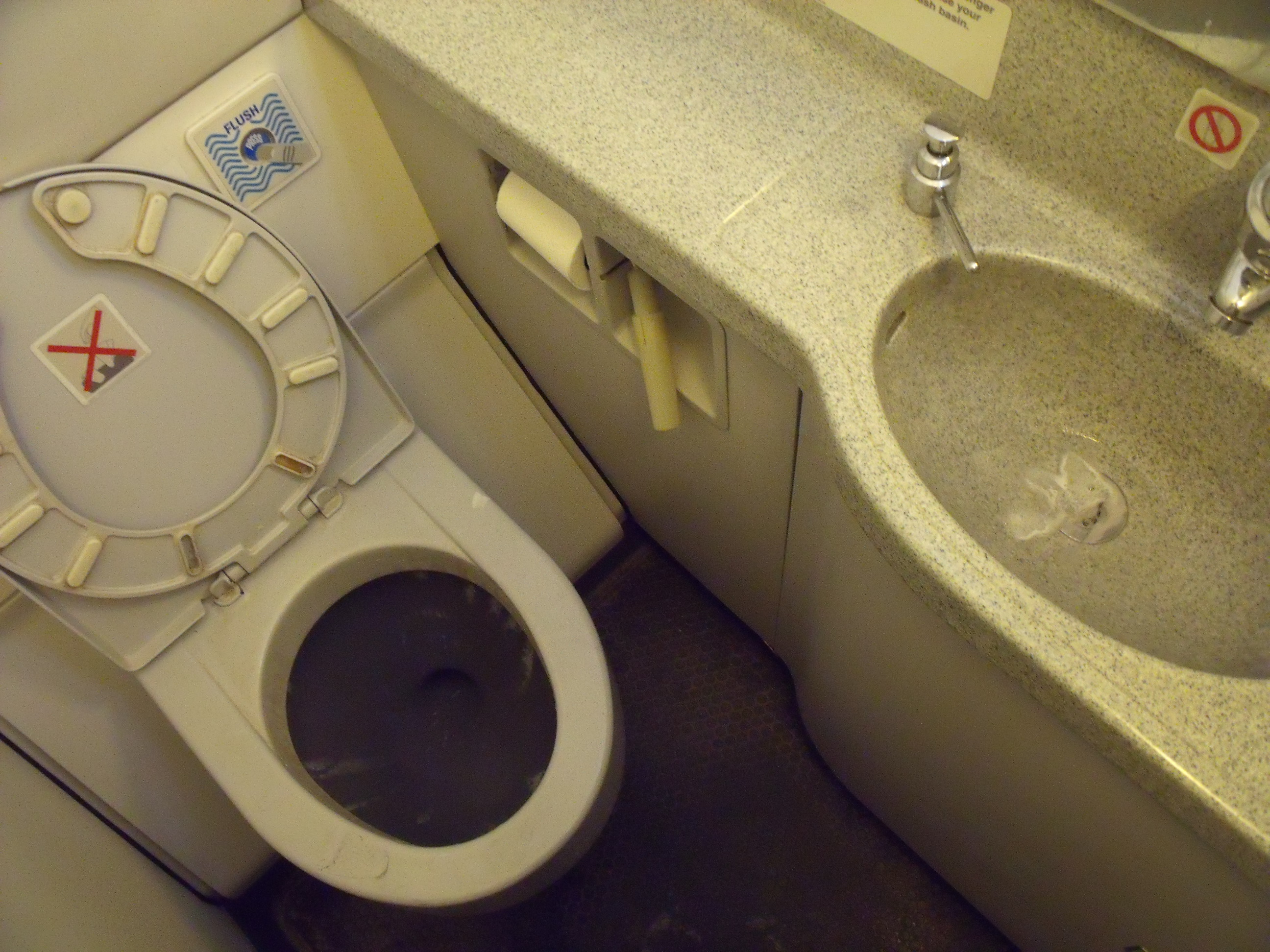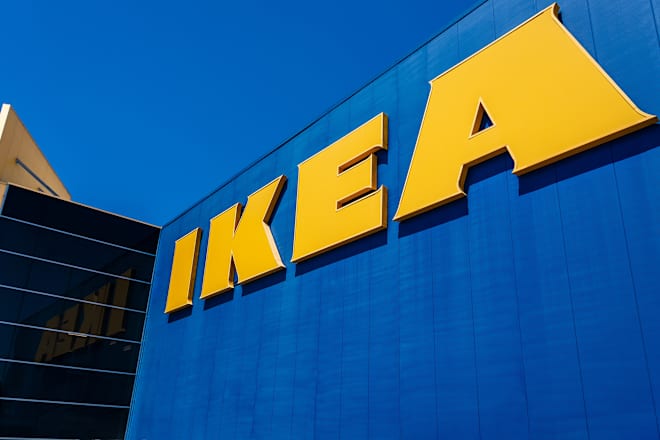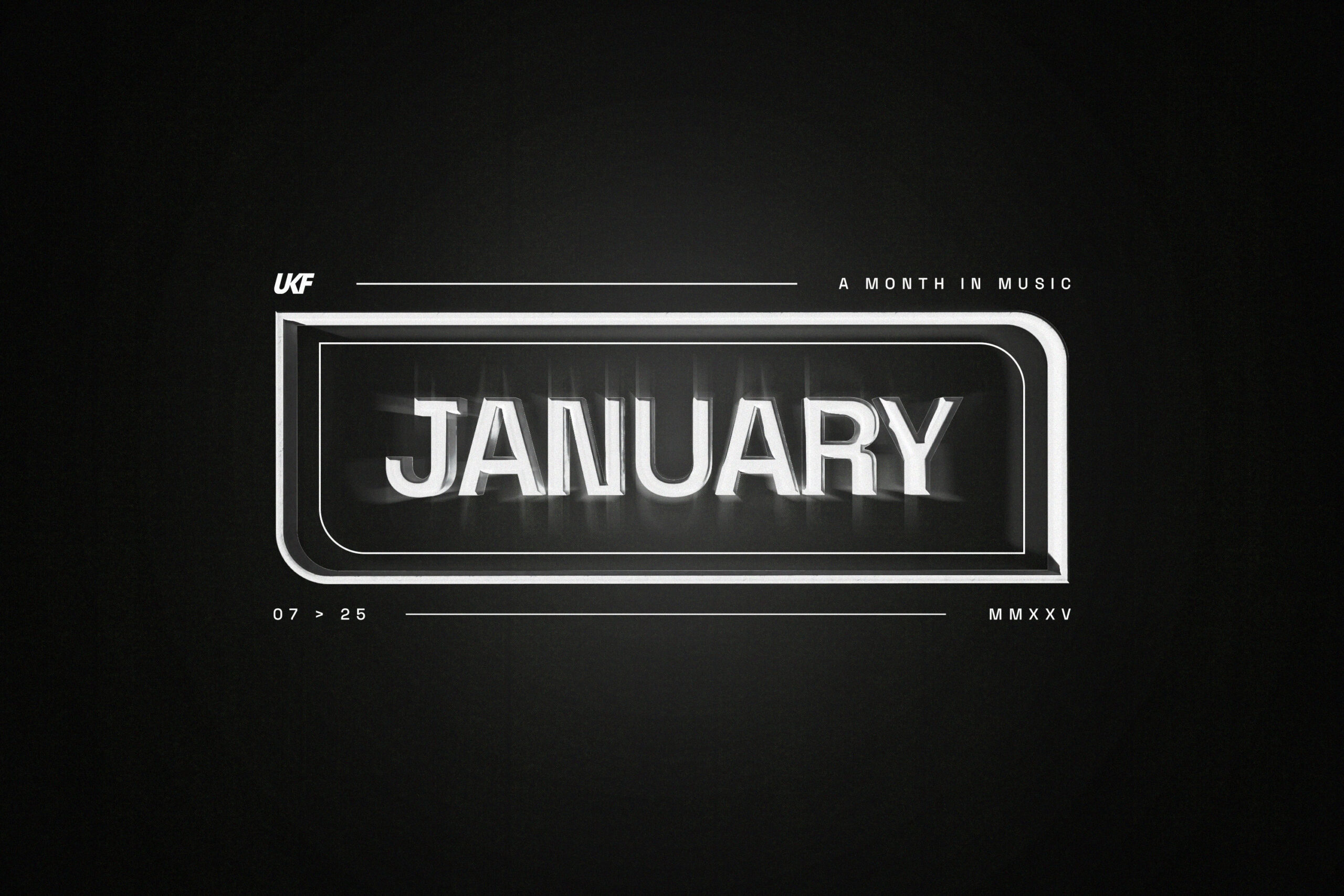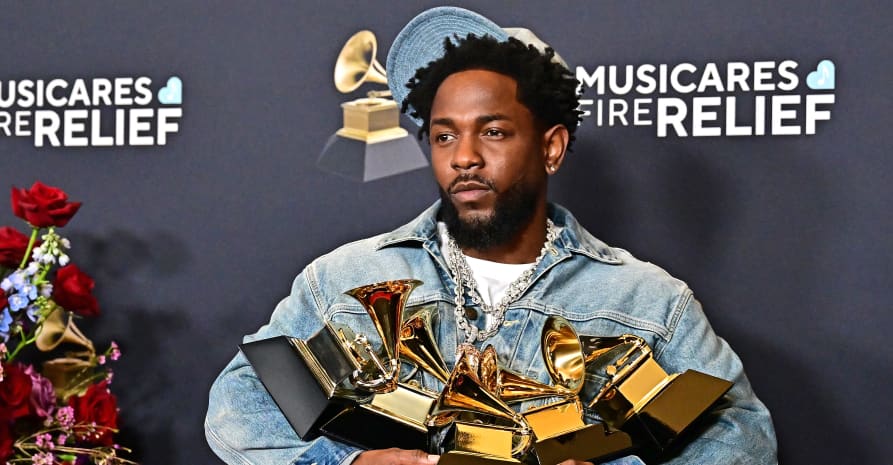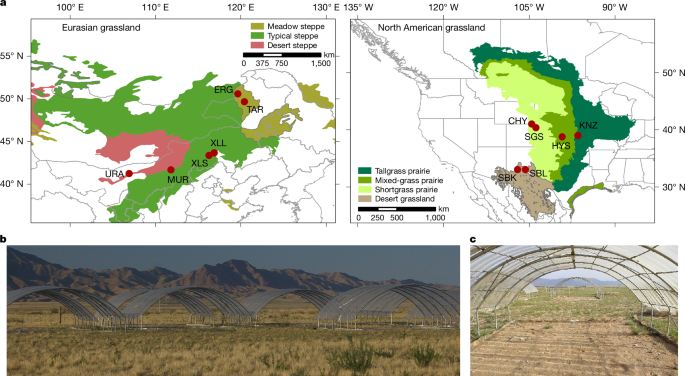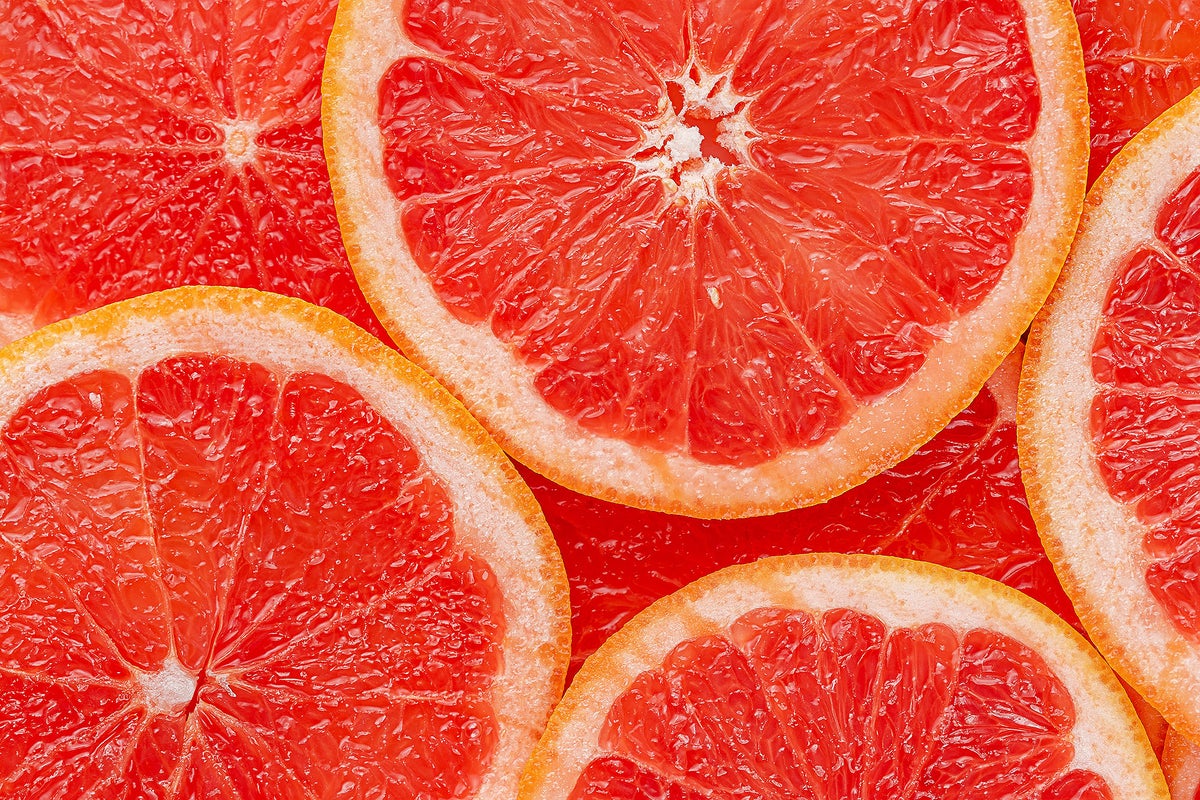What you should know about alcohol and cancer risk
"...this is not a 'might cause cancer.' This is 'it does cause cancer.' Therefore, many of us feel that we should be warning people."
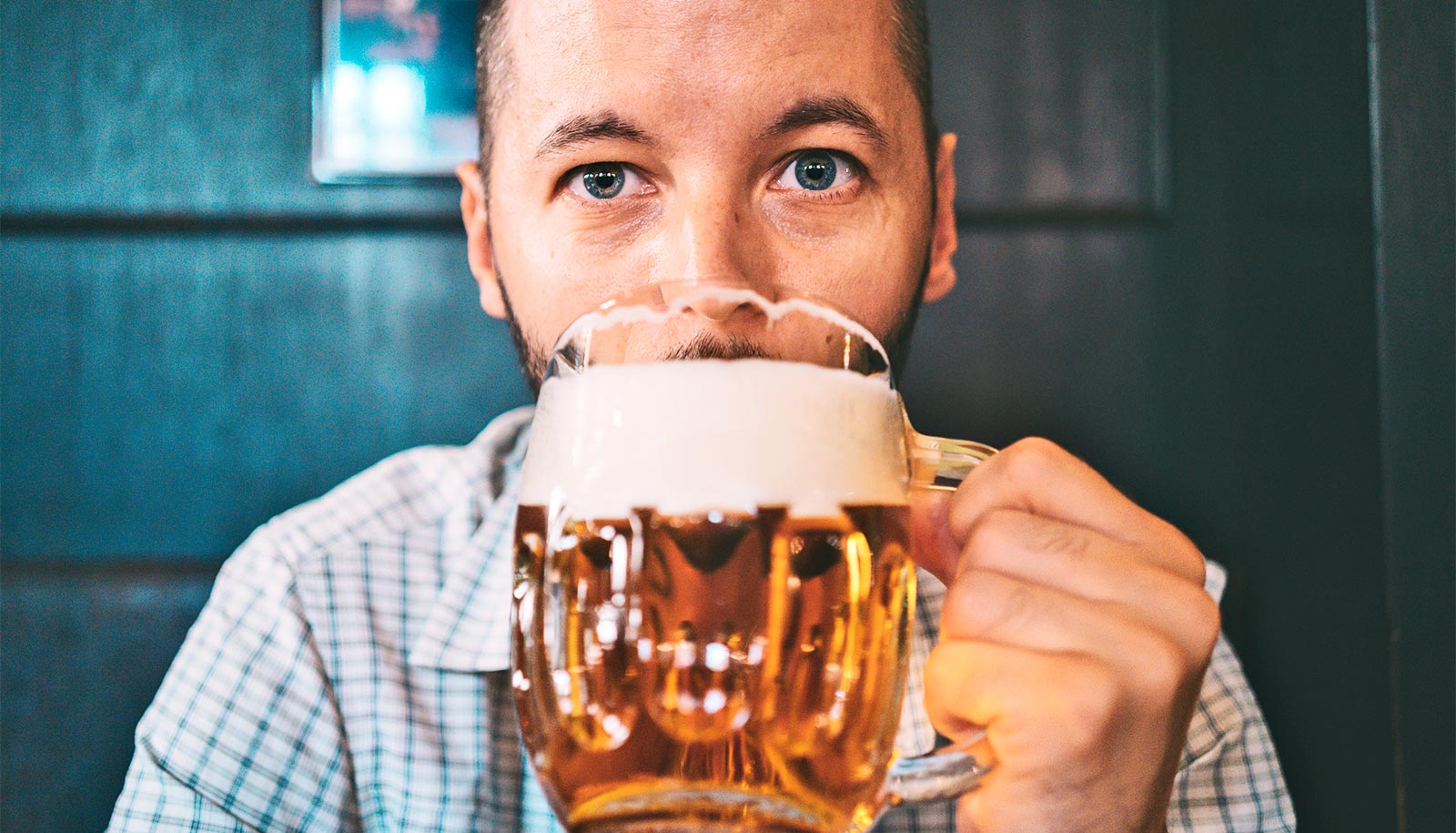
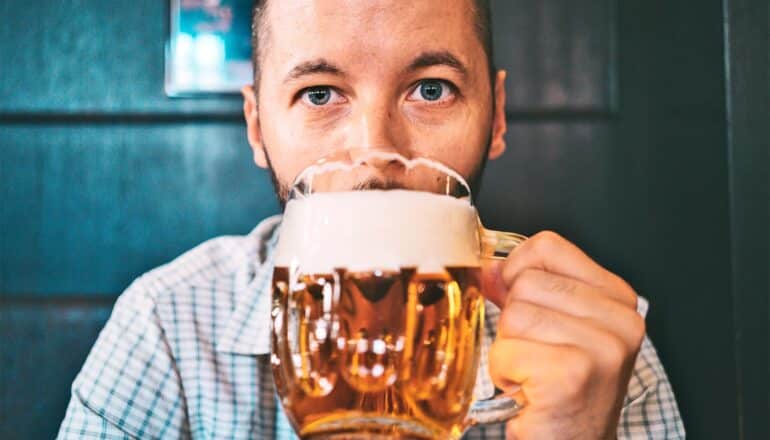
The outgoing US surgeon general called for a cancer warning to be added to labels on beer, wine, and spirits. The advisory is a lesson in risk management, says Johns Hopkins cancer expert Otis Brawley.
In his final weeks as US surgeon general, Vivek Murthy released his Parting Prescription for America, a 30-page document that urges the American people to look for connection, purpose, and service for a happier and healthier life. That message, however, was overshadowed by another of Murthy’s prescriptions, given a few days earlier, on January 3: Reduce alcohol consumption to reduce risk of cancer. Come together, the advisories seem to say—just not over a pint.
According to the Office of the Surgeon General, less than 50% of Americans are aware that alcohol increases their risk of cancer, despite the growing body of evidence. To increase awareness, Murthy suggests updating the warning label on alcoholic beverages to state the cancer risk, akin to what we’re used to seeing on packs of cigarettes.
This comes after a paper published by a working group of the World Health Organization’s International Agency for Research on Cancer (IARC) reported that quitting or reducing alcohol consumption reduced the risk of a striking list of cancers.
“They concluded that there was a high likelihood—and there’s good scientific correlation to suggest—that alcohol causes breast cancer, colon cancer, rectal cancer, esophageal cancer, and liver cancer,” says Brawley, a Johns Hopkins Bloomberg professor of oncology and epidemiology and associate director of community outreach and engagement at the Sidney Kimmel Comprehensive Cancer Center.
“We have known since the 1920s that alcohol, especially hard alcohol, causes cancer, but no one had brought together all the literature.”
Still, Brawley notes that he’s encountered a lot of “shock” and disbelief surrounding the recent advisory.
“The precautionary principle is, if it might cause cancer, you should warn people that it might cause cancer. Now, this is not a ‘might cause cancer.’ This is ‘it does cause cancer.’ Therefore, many of us feel that we should be warning people,” Brawley says.
An estimated 741,300 cancer cases in 2020 were linked to alcohol consumption. It is ranked the third leading preventable cause of cancer.
Research shows that alcohol can cause cancer by breaking down into a metabolite that ultimately damages your DNA, which can lead to the formation of tumors. And the effects of alcohol seem to compound. One of the studies that the IARC working group looked at found that the absolute risk of developing alcohol-related cancer among women rose nearly 3% for individuals who drank daily versus those who drank fewer than one drink per week.
But when it comes to risk involved in something we enjoy, how does that affect our personal decisions? Is a beer safer than a martini? What about red wine, which has been raised up for its heart-healthy benefits?
Here, Brawley digs into the risks of drinking:
The post What you should know about alcohol and cancer risk appeared first on Futurity.




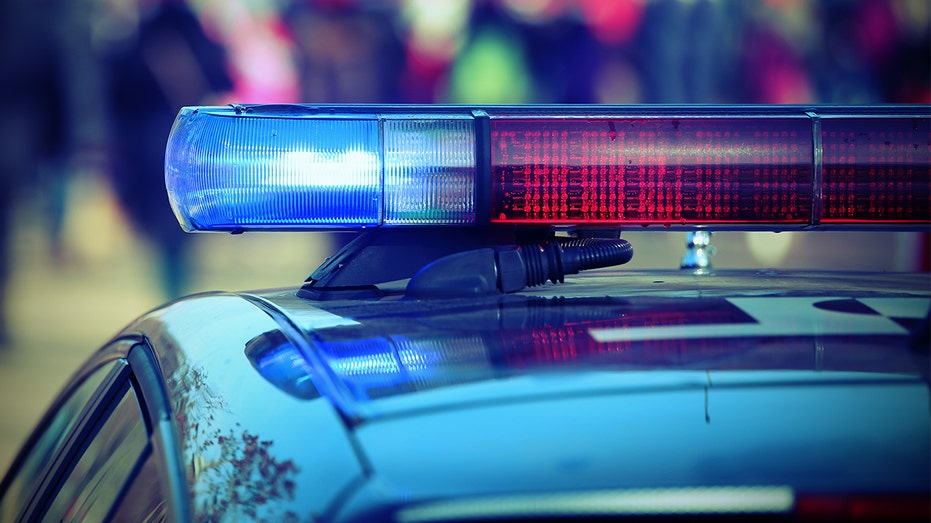


















.jpg?width=1920&height=1920&fit=bounds&quality=80&format=jpg&auto=webp#)

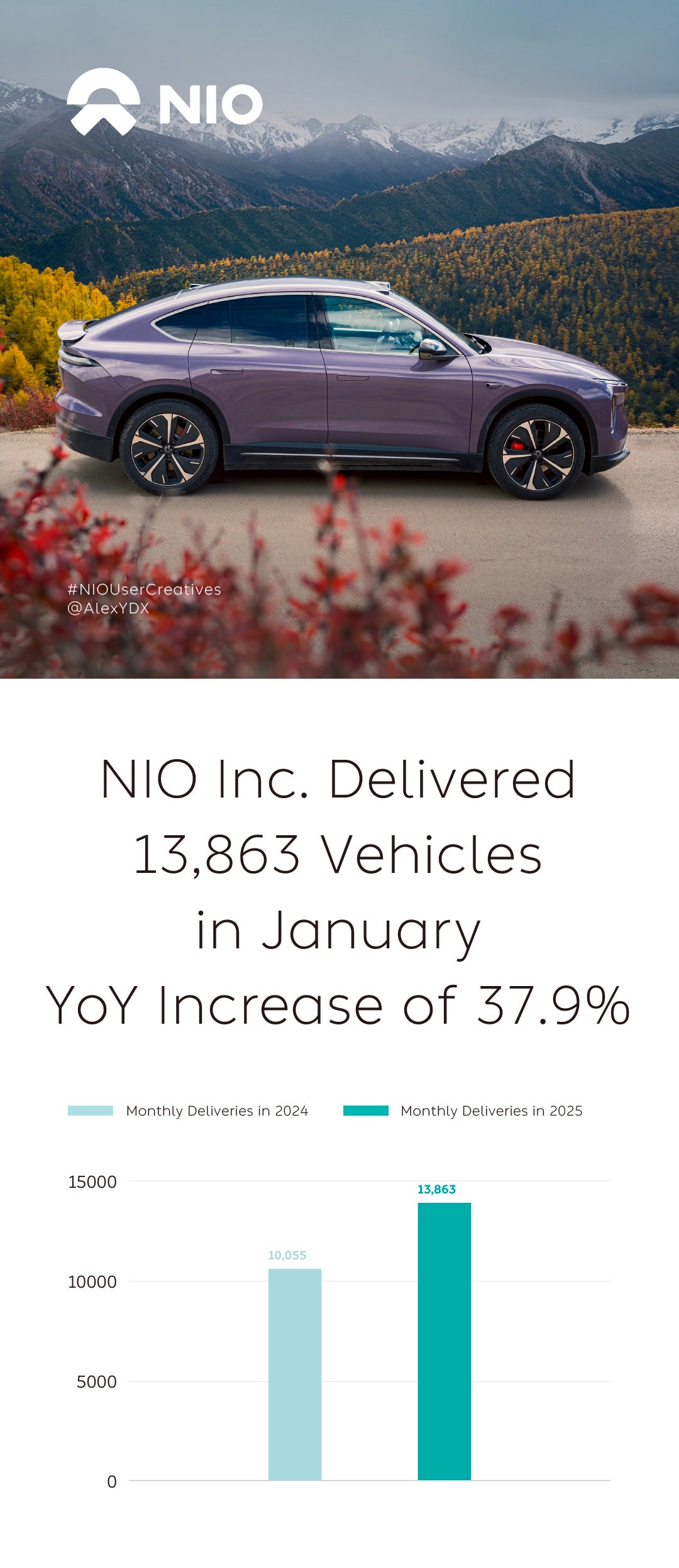









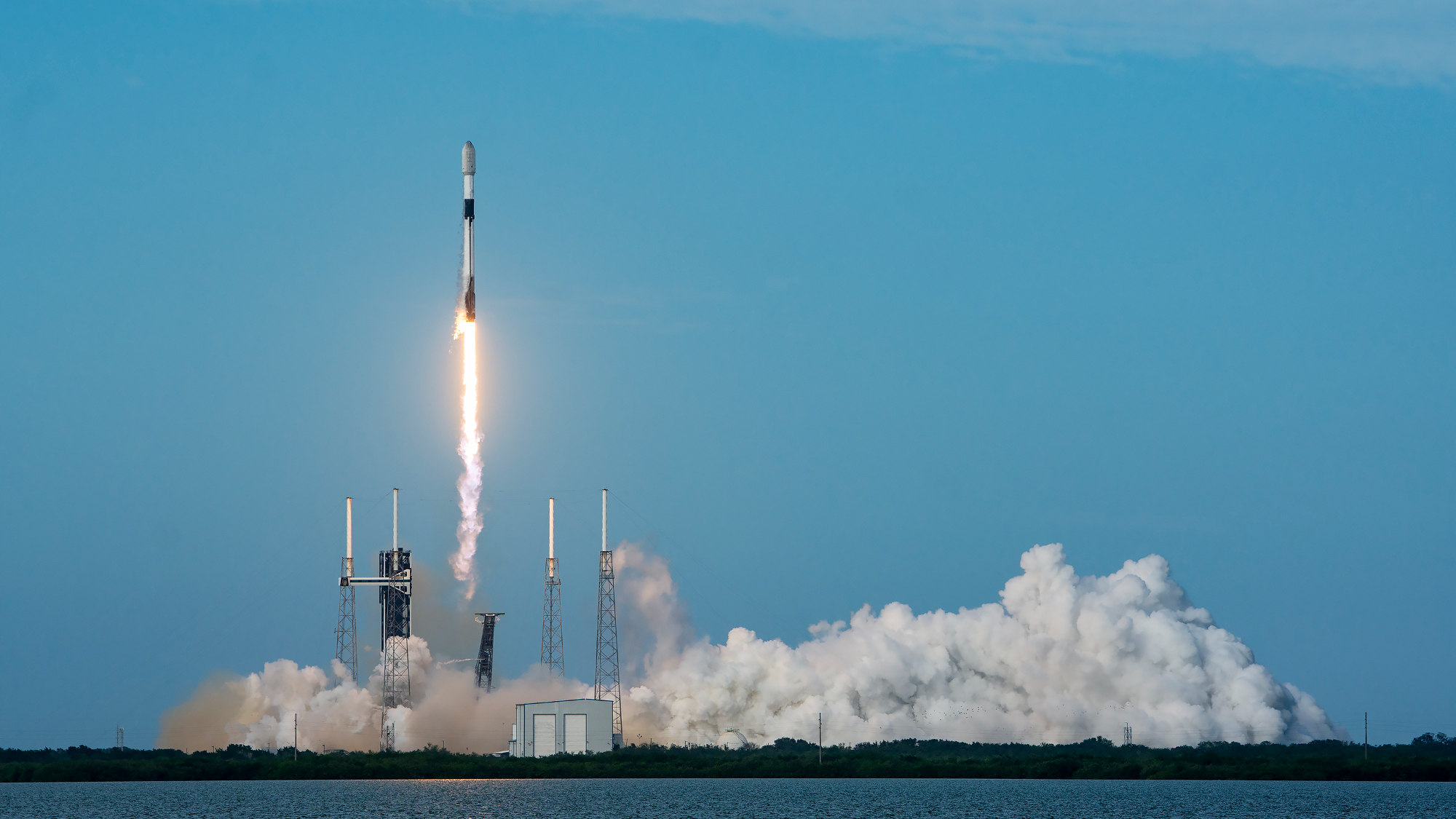






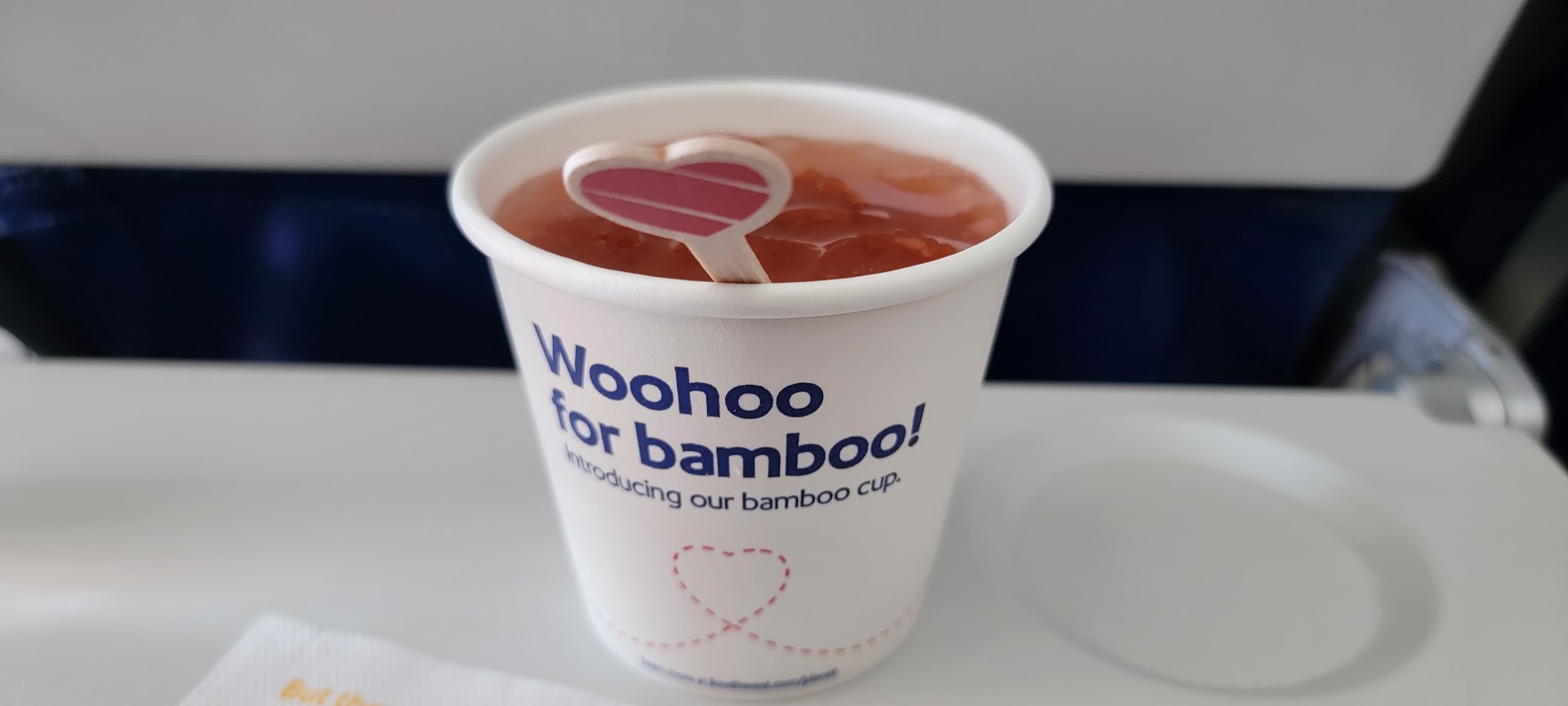
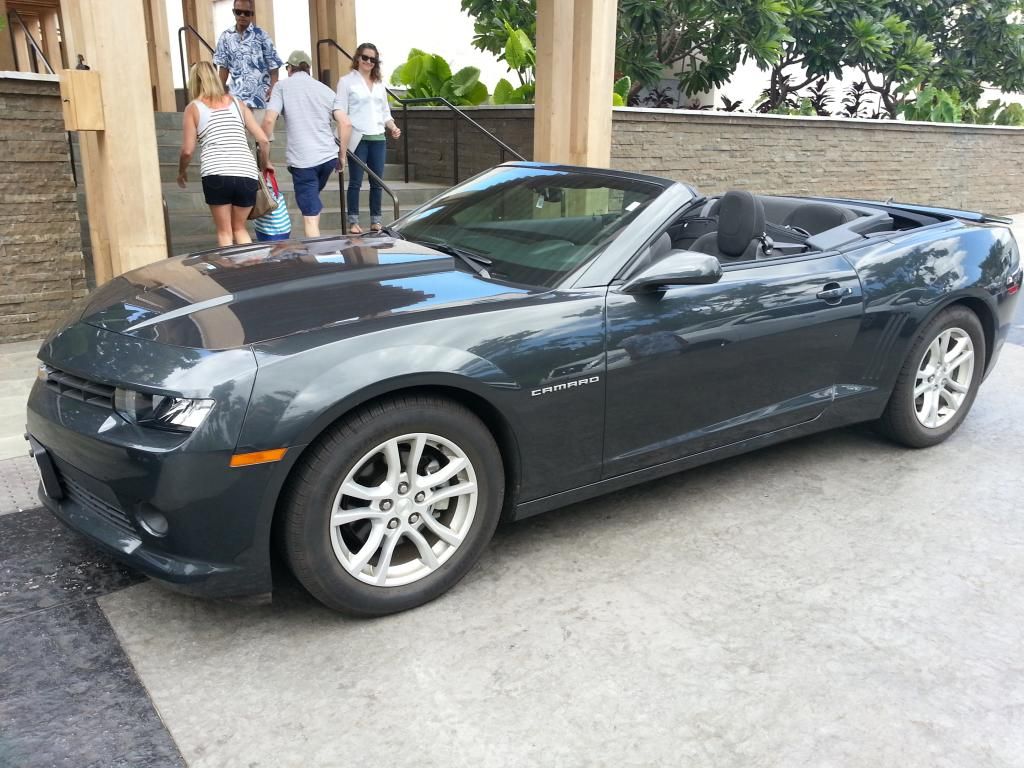
![Gay Catholic United Flight Attendant Axed After ‘Sex Is Unchangeable’ Remark—Raises Enough Money To Sue [Roundup]](https://viewfromthewing.com/wp-content/uploads/2025/02/DALL·E-2025-02-03-08.46.00-A-high-contrast-digital-montage-combining-aviation-Catholic-symbolism-and-legal-imagery___-Central-figure_-A-stern-looking-male-flight-attendant-in.webp?#)
